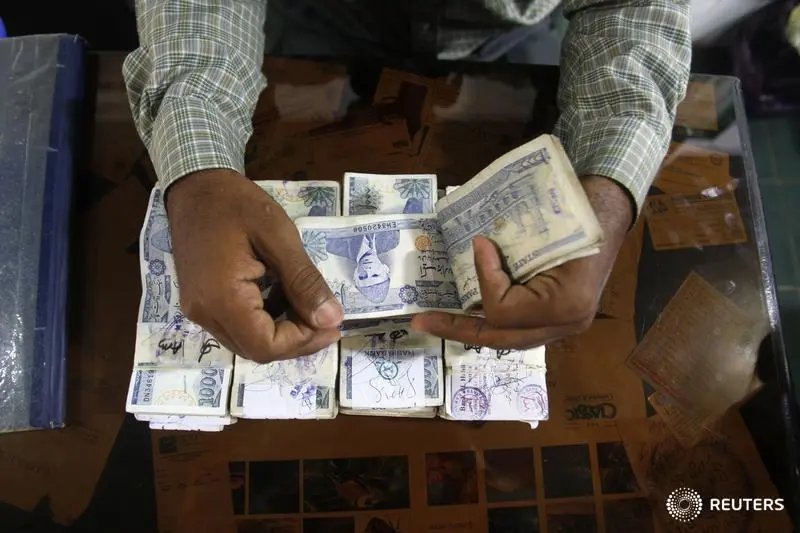PHOTO
Tax exemptions in Pakistan's budget for next year are "triggers" for economic growth but the government is not "doctrinaire" about its spending plans, the finance ministry said on Friday in response to International Monetary Fund concern.
On Thursday, the IMF expressed dissatisfaction with Pakistan's recently presented budget, a blow for the cash-strapped country which has only two weeks left until its bailout programme expires.
"The tax-exemptions that have been announced in the Budget are "triggers" of growth in the real sectors of economy. This is the sustainable path to provide employment and livelihood to the common citizen. In any case, the amount is fairly small," a finance ministry statement said.
Pakistan has barely enough currency reserves to cover one month's imports. It had hoped to have $1.1 billion of the bailout funds released in November - but the IMF has insisted on a number of conditions before it makes any more disbursements.
The ministry said next year's budget was not part of discussions on the latest disbursement and that the government was keen to complete those talks and had already taken many "difficult and politically costly decisions in this context".
The finance ministry argues that the number of new tax payers had increased by 26%, and the application of a 0.6% advance adjustable withholding tax on cash withdrawals over 50,000 rupees would also help broaden the tax base.
It also said pro-poor initiatives in the budget are not limited to the beneficiaries of the Benazir Income Support Scheme (BISP).
On Thursday, the resident IMF representative for Pakistan, Esther Perez Ruiz, told Reuters the long list of new tax expenditures further reduces the fairness of the tax system and undercuts resources needed for vulnerable people in the BISP.
Perez Ruiz said the budget misses an opportunity to broaden the tax base in a more progressive way and the new tax amnesty on bringing dollars into the country runs against the IMF program's conditionality and governance agenda and creates a damaging precedent.
In its statement, the finance ministry added that it is not "doctrinaire" about any element of next year's budget and is keenly engaged with the IMF to reach an amicable solution.
(Reporting by Ariba Shahid in Karachi Editing by David Goodman, William Maclean, Philippa Fletcher)




















